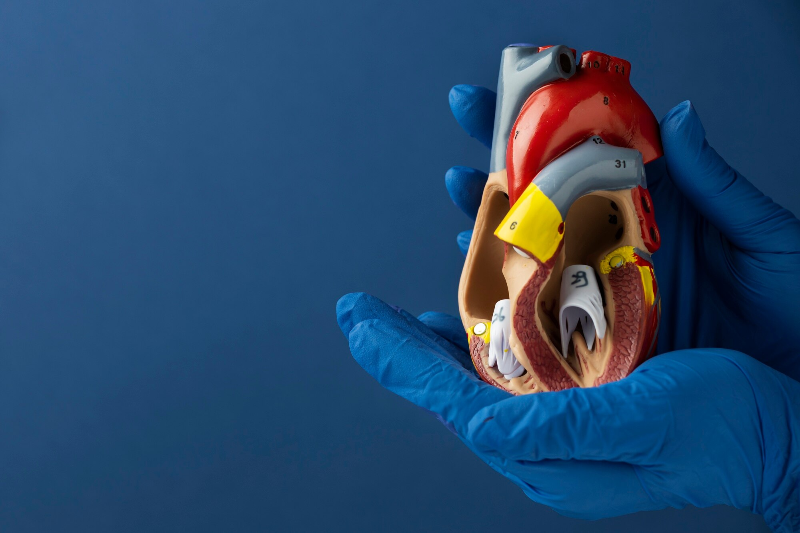by Béatrice St-Cyr-Leroux, University of Montreal
clbA and bft detection. a clbA and b bft presence in DNA extracted from fecal samples were detected using conventional qualitative PCR. M: marker; negative (−) control: water (H2O); positive control ( +): DNA extracted from pks + EcNC101 or ETBF bacteria. Credit: Gut Pathogens (2022). DOI: 10.1186/s13099-022-00523-y
In Quebec, colorectal cancer is the second leading cause of cancer deaths in men and the third in women. The appearance and progression of this cancer has been linked to the composition of the gut microbiome. It appears that certain bacteria found in the gut can promote its development.
One such bacterium is E. coli, in particular a group of strains known as pks+ E. coli. These bacteria produce colibactin, a toxin that causes double-strand breaks in the DNA of host cells. This leads to higher mutation rates, increasing the likelihood of intestinal tumors.
A research team at Université de Montréal decided to take a closer look at pks+ E. coli and its prevalence in Quebec among both healthy people and those with colorectal cancer. The study was led by Manon Oliero, a Ph.D. student in the research team of Manuela Santos, head of the Nutrition and Microbiome Lab at the CHUM Research Centre and a professor in UdeM's Department of Medicine.
Their findings, published in December, 2022 in Gut Pathogens, are surprising: a full 42% of healthy individuals had pks+ E. coli in their guts, compared with 46% of those with colorectal cancer.
"Almost all previous studies have found higher rates of colibactin-producing bacteria in people with colorectal cancer," said Oliero. "Since we know these pathogenic bacteria promote the development of colorectal cancer, it would be useful to know if an apparently healthy individual harbors them, and if so to suggest dietary or medical interventions to regulate the bacteria levels."
Inulin fails to control bacterial growth
In their search for dietary or bacterial agents that could inhibit the growth of E. coli and reduce colibactin production, the research team first tested various nutritional supplements that claim to have beneficial effects on digestive health.
One is inulin, an over-the-counter supplement sold in pharmacies. This dietary fiber found in many plant-based foods is marketed as a "prebiotic that nourishes the healthy bacteria in your intestines."
However, Oliero and Santos discovered that inulin actually increases the growth of pks+ E. coli and the secretion of colibactin. After first observing this effect in vitro, they turned to a mouse model of colorectal cancer colonized with pks+ E. coli. Their findings, published in February in Frontiers in Microbiology, showed increased growth of pks+ E. coli and accelerated tumor progression in mice that received inulin compared with those that didn't.
Their preliminary research on pks+ E. coli isolated from human stools confirms this effect: the majority of strains are capable of using inulin to increase their growth.
"This means we have to be careful when considering inulin supplementation for people colonized with pks+ E. coli," said Oliero. "We have to keep in mind the high prevalence of pks+ E. coli in healthy people, not just in those with colorectal cancer."
Fortunately, the researchers report they are making progress towards identifying other agents that may be effective at inhibiting the growth of these bacteria instead of promoting it, as inulin does.
More information: Manon Oliero et al, Prevalence of pks + bacteria and enterotoxigenic Bacteroides fragilis in patients with colorectal cancer, Gut Pathogens (2022). DOI: 10.1186/s13099-022-00523-y
Manon Oliero et al, Inulin impacts tumorigenesis promotion by colibactin-producing Escherichia coli in ApcMin/+ mice, Frontiers in Microbiology (2023). DOI: 10.3389/fmicb.2023.1067505
Journal information: Frontiers in Microbiology
Provided by University of Montreal







Post comments